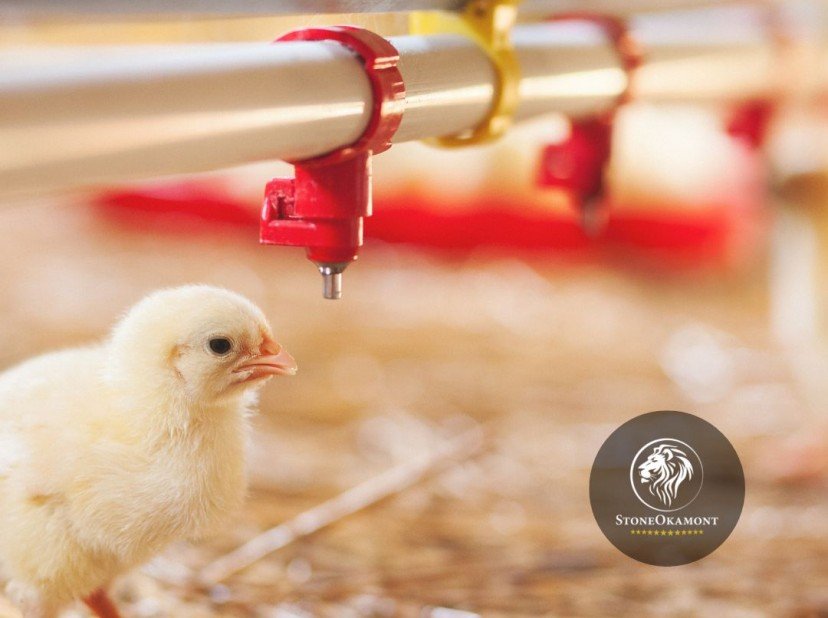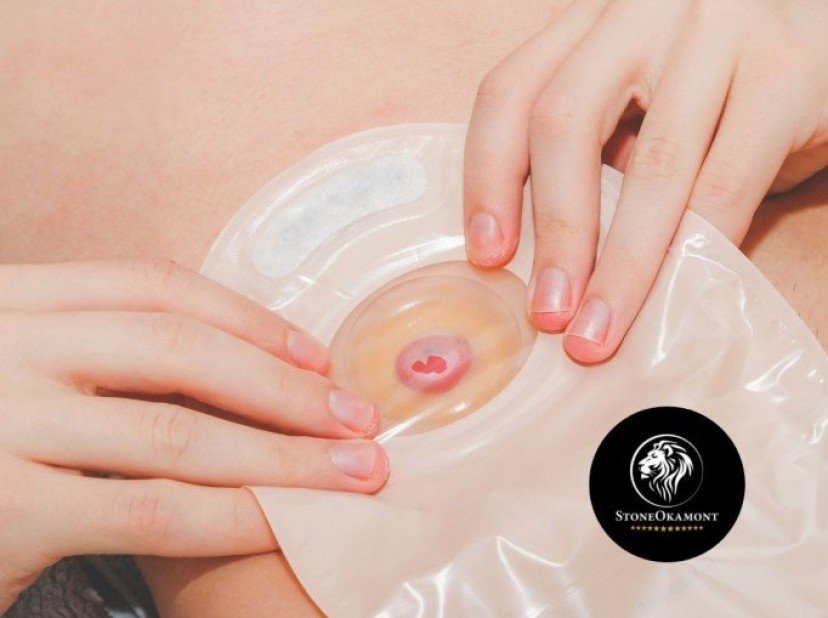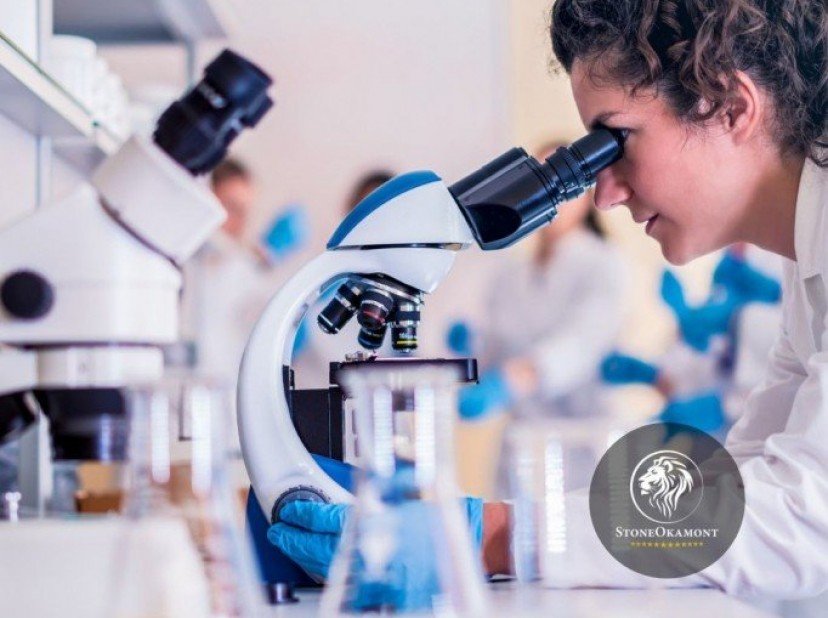
Cosmetics consumption in Brazil occupies the 3rd position in the world ranking and has a trend of growth of 7.2% in sales, according to the Brazilian Association of the Personal Hygiene, Perfumery and Cosmetics Industry (Abihpec). However, for the commercialization of cosmetic products, it is necessary to register or notify ANVISA.
Understanding how this process develops ensures your company is successful in preparing all the necessary documentation for the registration of cosmetics.
Stone Okamont helps you understand all stages of regularization at ANVISA, with agility and satisfactory results guaranteed by our team. Check out!
What are cosmetics?
ANVISA classifies as cosmetic any product that has the purpose of embellishing. If your product is intended for treatments or supplements, it does not fall into the category of cosmetics.
Before registering, the company needs to regulate its situation.
Cosmetics Local Operating License and Operation Permits
Every company needs the Operating License issued by VISA (Local Sanitary Surveillance). This document is the guarantee that the establishment follows all the norms at the place of performance.
It is also necessary the Operation Permits (AFE) to allow the manufacture and distribution of products.
As ANVISA groups cosmetics in the same area of perfumes and hygiene products, when obtaining an AFE for cosmetics it is also possible to act in these two other categories.
Stone Okamont uses the Zero Bureaucracy method to optimize processes and procedures, delivering accurate and satisfactory results in the regulation of your company.
Certification of Good Manufacturing Practices for Cosmetics
Obtaining the Certification of Good Practices is necessary for the regulation of products with Class of Risk III and IV.
Cosmetics are classified as Class I and II, that is, ANVISA does not require certification.
Risk Class for Regulation of Cosmetics
To regulate a cosmetic it is necessary to know which Class of Risk the product belongs to, being:
- Class I: in this classification we find products with basic or elementary properties. This means that your proof is not fully required and does not require detailed information on how to use it.
- Grade II: they are cosmetics that have specific indications, whose characteristics need proof of safety and / or effectiveness.
For Grade I products, only notification is required for ANVISA.
For Grade II products, registration is required.
What are Class II cosmetics?
The following cosmetics are classified as Class II:
Sunscreen and suntan lotion;
- Sunscreens and infant repellents;
- Hair straighteners;
- Insect repellents;
- Antiseptic gels for hands.
Handmade Cosmetics Need to be Regulated?
There is no difference between artisanal or industrial when regulating your product.
ANVISA does not differ the means of production, applying the same rules regardless of origin.
Stone Okamont Simplifies Your Cosmetic Registry
Understanding all of the processes and applications of product regulation can be confusing to people who are not accustomed to this procedure.
With personalized service, Stone Okamont guarantees the success of your regulation. We use our expertise to deliver results in a satisfactory manner, with reduced costs and Zero Bureaucracy!
We have experience in the regulatory path and language used by ANVISA, making regulation processes simplified and objective.
Contact us, know our solutions and get your cosmetics regulation with ANVISA!






